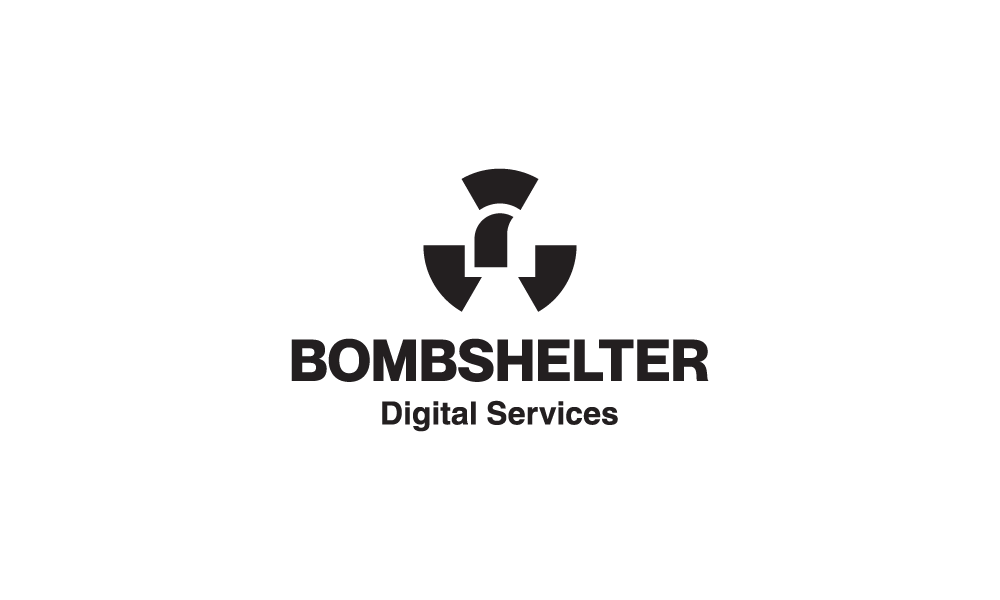DSP pitching offers the opportunity to share your musical masterpiece with the world. But how do you ensure your music reaches the right ears in the vast digital music ocean? In a world where indie musicians can become global stars, DSP pitching is your golden ticket to success. Our guide to DSP pitching will help you make the most of this exciting era.”
Independent musicians have unprecedented access to music distribution platforms, also known as Digital Service Providers (DSPs). These platforms, such as Spotify, Apple Music, and Amazon Music, have revolutionised the music industry. However, for independent or DIY musicians, navigating the world of DSPs can be a bit … too much. That’s where DSP pitching comes into play.
What Is DSP Pitching?
DSP pitching, short for Digital Service Provider pitching, is the process of submitting your music to platforms like Spotify and Apple Music for potential inclusion in playlists, featured sections, or editorial curation. This can significantly boost your music’s visibility and give it a better chance to reach a wider audience.
Why Is DSP Pitching Important for Independent Musicians?
DSP pitching is your ticket to making this dream a reality. It’s the critical key to gaining exposure, boosting your streaming numbers, and, most importantly, cultivating a dedicated fan base that resonates with your music.
A Word of Wisdom: The Editor’s Touch
It’s important to remember that while DSP pitching offers immense opportunities, there are no guarantees, especially when it comes to playlisting. In this ever-evolving industry, we all share a common truth – we’re at the discretion of the platform’s editors, whose choices shape the musical landscape. Nonetheless, with the right approach and a touch of luck, your music can find its way to the hearts of millions.
Here’s how to navigate DSP pitching successfully:
1. Perfect Your Music:
- Before you even think about DSP pitching, make sure your music is top-notch. Ensure it’s well-produced, mixed, and mastered to meet industry standards. DSPs are looking for quality content.
- Professional Production: Invest time and resources into professional music production. Quality production ensures that your music stands out in a competitive landscape. Consider working with experienced producers and engineers to achieve the best sound possible.
- Mixing: Proper mixing is the art of balancing different elements in your music, including vocals, instruments, and effects. A well-mixed track can make or break your chances of getting noticed.
- Mastering: Mastering is the final polish that gives your music a cohesive and competitive sound. It optimises the track’s overall volume, tonal balance, and dynamics, making it sound its best on all playback systems.
- Industry Standards: Familiarise yourself with industry standards for audio quality. Ensure that your music complies with technical requirements such as bit depth, sample rate, and file formats. This ensures seamless integration with DSP platforms.
2. Build a Strong Online Presence:
DSPs are more likely to consider artists with a strong online presence. They seek artists who not only produce great music but can actively engage with their listeners and cultivate a loyal fan base. That means an active social media presence, an engaged fan base, and a professional website.
By building your online presence, you not only become more appealing to DSPs but also strengthen your connection with fans. Our marketing services are here to support you every step of the way in enhancing your online presence.
3. Research Your Target DSPs:
Not all DSPs are the same. Each has its own audience and preferences. Research which DSP aligns best with your music style and audience.
4. Create a Pitch Plan:
Prepare a compelling pitch. This should include a professional press kit, a captivating artist bio, and a well-crafted pitch email. DSPs receive numerous submissions, so make yours stand out.
5. Submit and Follow Up:
Once you’ve got everything ready, submit your pitch through the designated channels on the DSP’s website. And don’t forget to follow up. A friendly reminder can sometimes make all the difference.
6. Be Persistent and Patient:
Rejection is part of the game. Don’t be discouraged if your music isn’t accepted immediately. Keep refining your craft, building your fan base, and resubmitting when you have new releases.
Conclusion:
DSP pitching is a powerful tool for independent musicians looking to make their mark in the music industry. With the right approach, and a bit of persistence, you can significantly increase your chances of getting your music featured on popular playlists and streaming platforms. Remember, it’s not just about the pitch; it’s about the journey, the music, and your unwavering passion for your craft.
If you’re interested in taking your music career to the next level, consider our range of services tailored to independent musicians like you. We’re here to support you on your journey, one pitch at a time.


